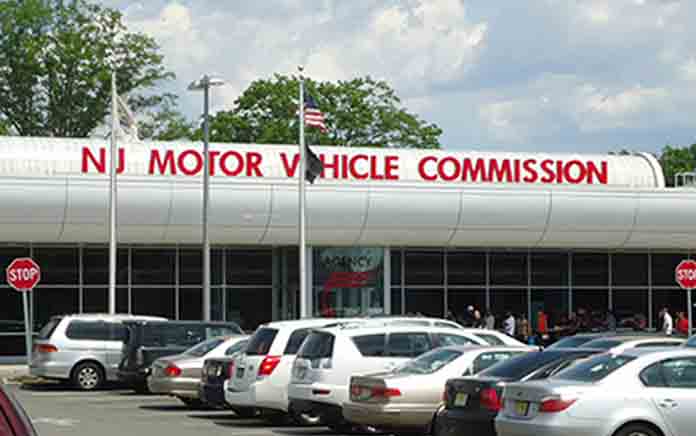MAYS LANDING, NJ — Authorities in Atlantic County are warning residents statewide of a widespread phone scam involving fake text messages claiming to be from the New Jersey Motor Vehicle Commission (NJMVC).
Atlantic County Prosecutor William E. Reynolds announced Monday that the scam, a form of SMS phishing known as “SMiShing,” is designed to steal personal and financial information. Messages reportedly reference issues with driver’s licenses or vehicle registrations, prompting recipients to click on fraudulent links or share sensitive data.
The Prosecutor’s Office said it has received multiple complaints from residents who received the messages. Similar schemes have been reported under the names of other state services, including EZ-Pass and New Jersey toll services.
“Public awareness is our strongest line of defense,” said Reynolds. “We encourage residents to remain vigilant, question suspicious messages, and report any phishing attempts.”
According to the NJMVC, the agency does not send unsolicited text messages. Official texts are limited to appointment reminders, and any message referencing license or registration issues should be considered fraudulent.
Steps to take and where to report scam messages
Officials urge residents not to respond to the messages or click on any embedded links. Recipients should avoid disclosing any personal or financial information and are encouraged to report the texts by forwarding them to 7726 (SPAM).
The NJMVC advised residents to verify all information through the agency’s official website at nj.gov/mvc or by calling a local motor vehicle center. There is no need to visit an MVC location in response to a scam message.
Authorities said the scale of the scam suggests it is impacting residents throughout the state and that coordination with cybercrime units and federal partners is ongoing.
